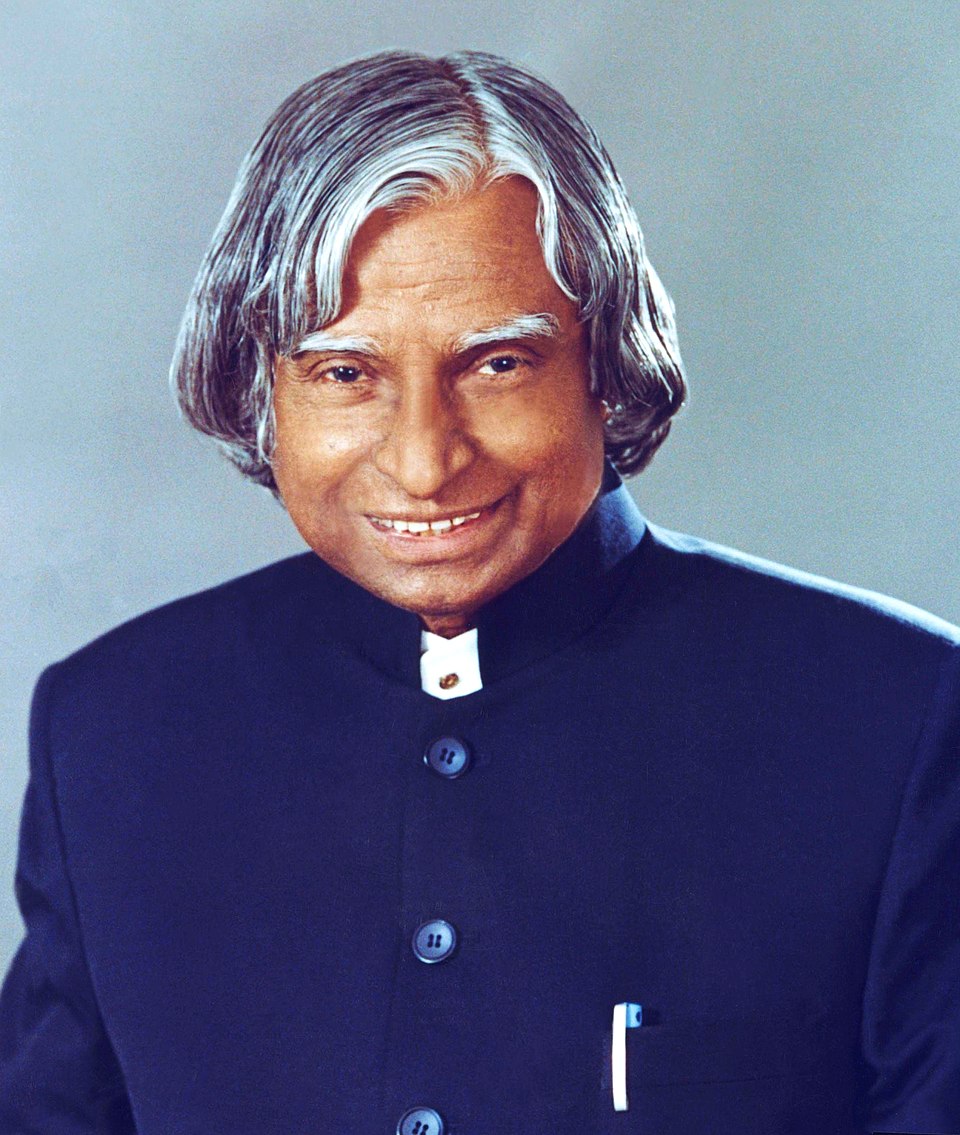Dr. A.P.J Abdul Kalam Biography, Awards, Age, Books, Death
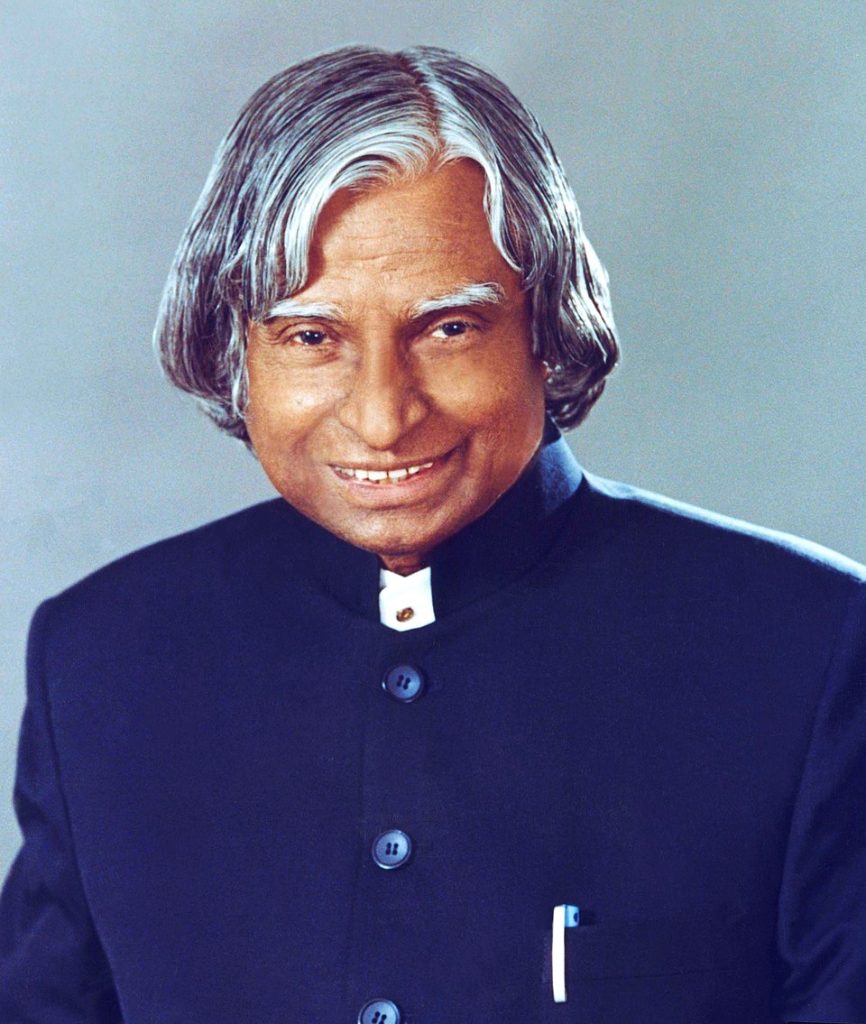
Dr. Avul Pakir Jainulabdeen Abdul Kalam, popularly known as A.P.J. Abdul Kalam (Missile Man of India) was an aerospace scientist, teacher, and the 11th President of India. Even after his death, he continues to inspire students and young people across the world with his life, values, and contributions to education and science.
| Full Name | Avul Pakir Jainulabdeen Abdul Kalam |
| Age | 83 years old (as at the time of his death in 2015) |
| Date of Birth | October 15, 1931 |
| Gender | Male |
| Marital Status | Single |
| Religion | Muslim |
| Place of Birth | Rameswaram, India |
| Nationality | Indian |
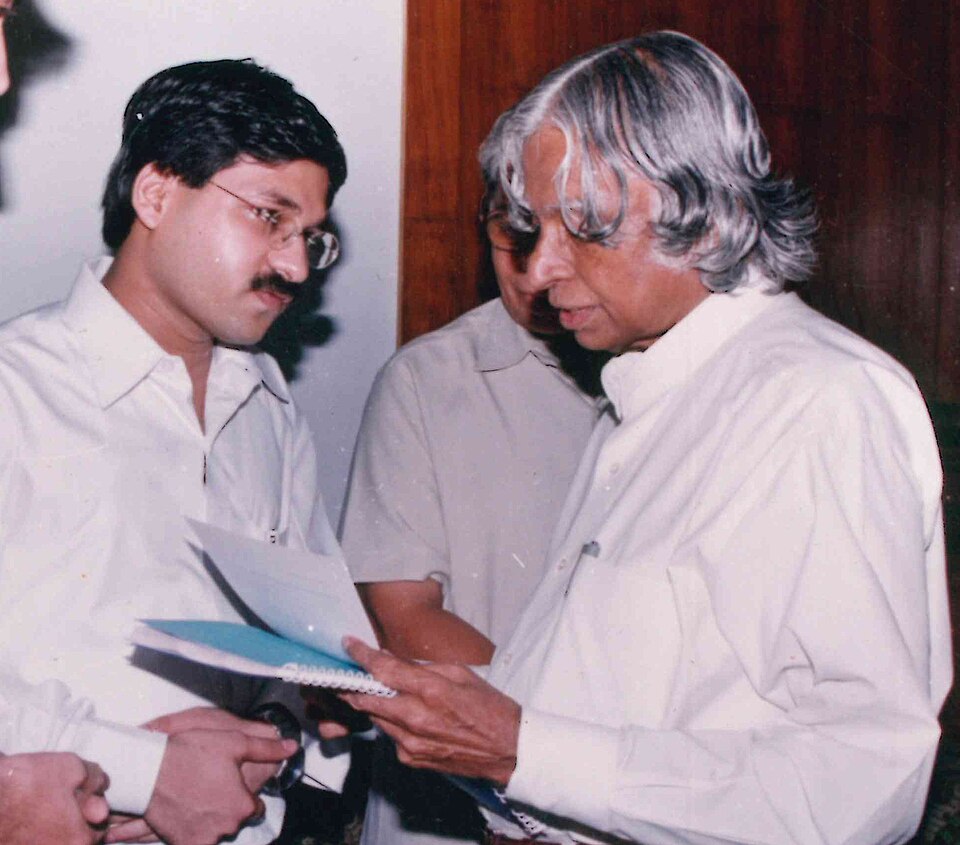
Dr. A.P.J Abdul Kalam Biography
Dr. A.P.J. Abdul Kalam was an Indian aeronautical engineer, statesman, and the 11th President of India. He was Born on 15 October 1931 in Rameswaram, Tamil Nadu into a humble Muslim family. His father worked as a boatman and also as an iman in a local Mosque. Kalam supported his family from a young age by selling newspapers while also excelling academically which later made him earn a degree in physics and aero space engineering.
Dr. A.P.J Abdul Kalam Educational Background
He studied at Schwartz Higher Secondary School in Ramanathapuram. Despite being an average student, he showed strong interest and zeal in mathematics and science which later gained him a move to Saint Joseph’s College, Tiruchirappalli in 1954, where he graduated as a degree holder in physics.
In 1955, he enrolled at the Madras Institute of Technology (MIT) to study Aerospace Engineering and that was where his dream of becoming a fighter pilot was born, and that journey in aerospace science later helped to shape India’s future.
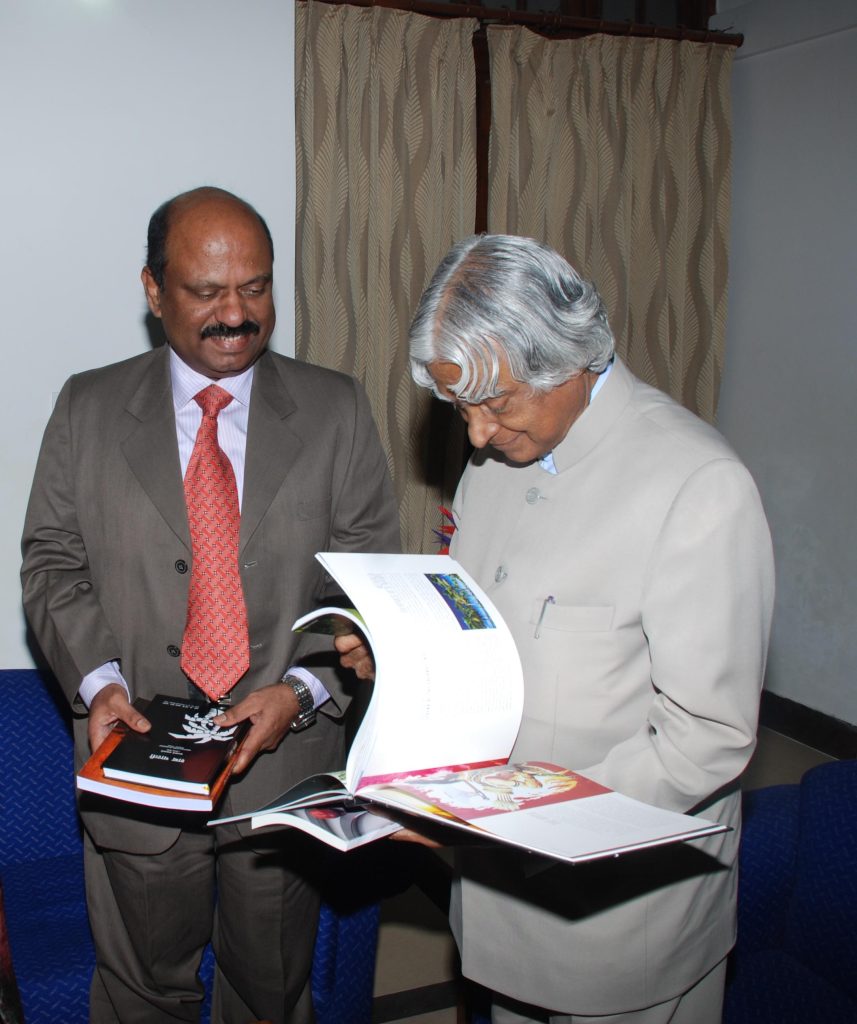
Dr. A.P.J Abdul Kalam Career
Kalam began his journey at DRDO where he worked on a Hovercraft design. He later joined India Space Research Organisation (ISRO), and that was where his importance was known as he led India in its first Satellite Launch Vehicle (SLV-III) project, which was successfully placing Rohini satellite in orbit in 1980.
His work on ballistic missile systems earned him the nickname “Missile Man of India. He played a vital role in organizing and coordinating Pokhran-Ii.
Kalam’s knowledge based discoveries helped in earning him the position of Scientific Adviser to the Defence Minister from 1992 to 1999. Most notably, he played a vital role in India’s nuclear arms program, especially with the successive Pokhran-II nuclear tests held in 1998, which gave India a status as a nuclear power in the international world.
Dr. A.P.J. Abdul Kalam entered politics when he was elected as the 11th President of India (2002–2007). He was put forward by the then governing NDA coalition, supported happily by opposition parties as well, and his election became effectively unanimous. Fondly known as the “People’s President,” he made the most of his tenure to inspire youths, promote education, and push his vision of a modern India. He avoided party politics, focusing on national development, technology, and value leadership. When his solitary five-year tenure ended, he chose not to seek re-election but returned to teaching and writing.
Dr. A.P.J Abdul Kalam Awards
Dr. A.P.J Abdul Kalam received various awards and honors which includes:
• 1981 – Padma Bhushan (Government of India)
• 1990 – Padma Vibhushan (Government of India)
• 1994– Distinguished Fellow Award (Institute of Directors, India)
• 1997 – Bharat Ratna (India’s highest civilian award)
• 1997 – Indira Gandhi Award for National Integration1998 – Veer Savarkar Award (Government of India)
• 2000 – SASTRA Ramanujan Award (SASTRA University)
• 2007 – King Charles II Medal (The Royal Society, UK)
• 2008 – Hoover Medal (ASME – American Society of Mechanical Engineers, USA)
• 2009 – International von Kármán Wings Award (California Institute of Technology, USA)
• 2011 – IEEE Honorary Membership (Institute of Electrical and Electronics Engineers, USA). E.T.C.
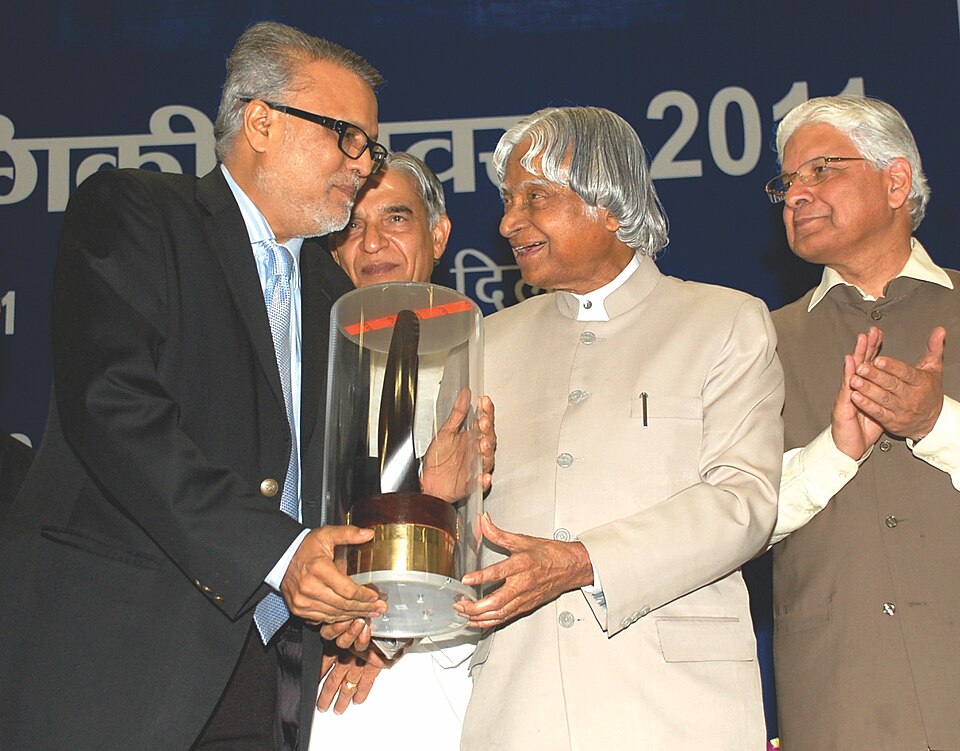
Dr. A.P.J Abdul Kalam Age
Dr. A.P.J Abdul Kalam was born on 15 October 1931 and he died on 27 July 2015 making him 83 years as of the time of his death.
Dr. A.P.J Abdul Kalam Books
Kalam was a prolific author, he wrote a lot of inspiring books during his time which continue to inspire millions especially students.
Some of his most popular books includes:
• Wings of Fire (Autobiography)
• Ignited Mind
• Indian 2020: A Vision for the New Millennium
• My Journey
• Turning Points
These writings combine science, spirituality, and motivational insights.
Dr. A.P.J Abdul Kalam Death
Kalam died of cardiac arrest which started while he was delivering a lecture in Indian Institute of Management, shillong. He was 83 as of that time.
Dr. A.P.J Abdul Kalam Personal Life
Kalam was the youngest of the five siblings, he was known for his kindness and love towards his elder siblings.
Kalam was acknowledged for his integrity and simple lifestyle, living with small possession and always focusing on research and teaching his students. He loves writing, listening to music and playing a veena.
Dr. A.P.J Abdul Kalam Wife
Kalam was never married, he remained single all his life, dedicating his entire life to education, science and serving his country.
Dr. A.P.J Abdul Kalam Parents
Kalam did not come from a wealthy family, infact his father Jainulabdeen Marakayar was a boat owner and imam of a local mosque in his area, his mother Ashiamma, was known to be a homemaker and they both based in Rameswaram, Tamil Nadu, India.
https://charge9ja.com/desmond-cussen-biography-age-wife-death/#desmond-controversy
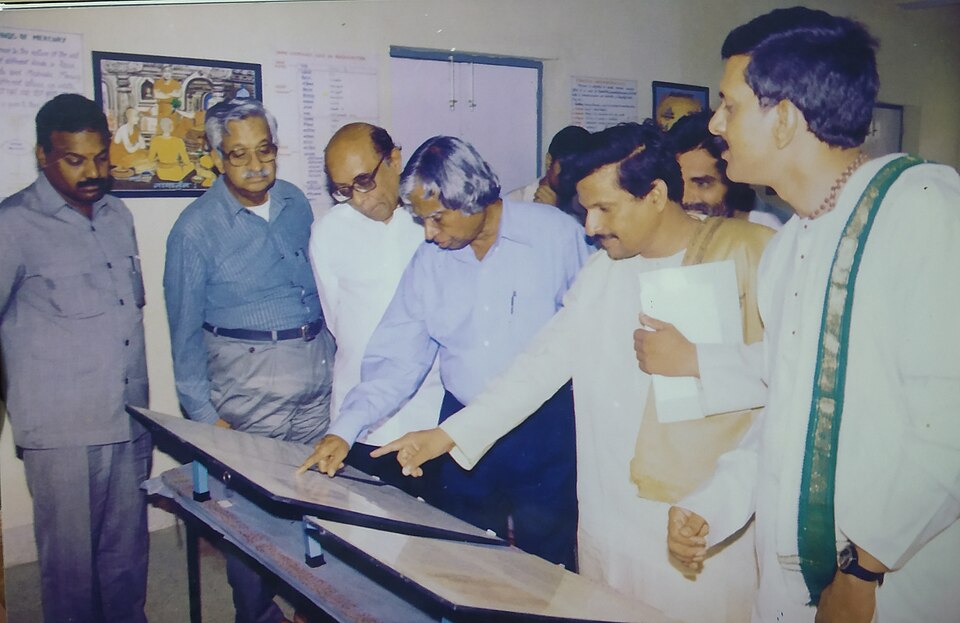
Conclusion
A.P.J. Abdul Kalam’s life is a lesson for students, educators, and dreamers around the world. From a small town boy in Rameswaram selling newspapers to becoming India’s 11th President and missile man.
His journey shows the importance of hard work, dedication, education, and vision. Though he is late, but his teachings and books continue to give value and ignite young minds and remind us that with knowledge, discipline, and determination you can achieve anything you wish in life.
